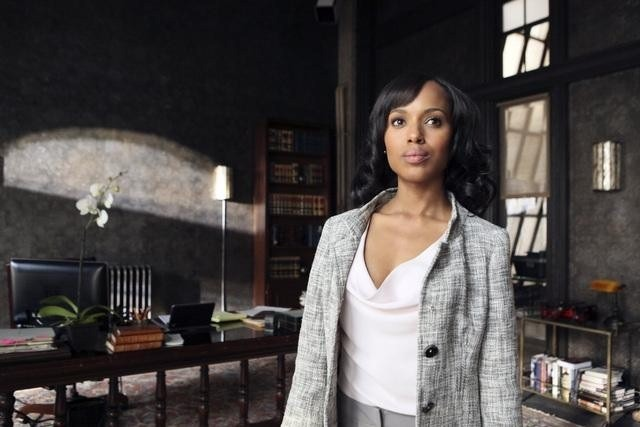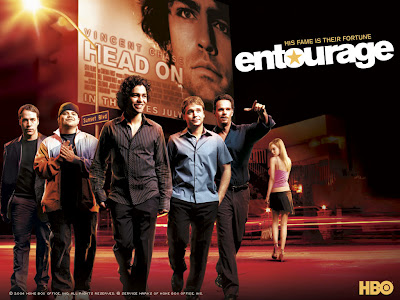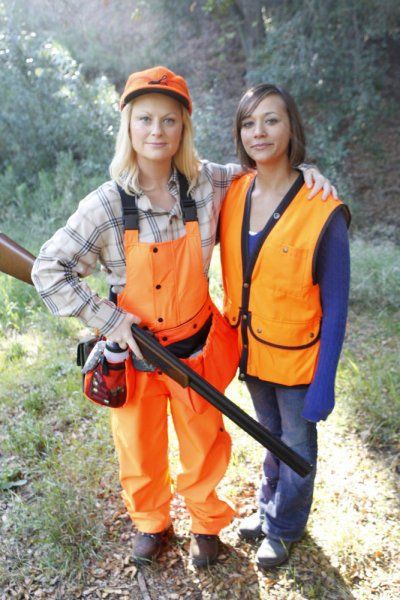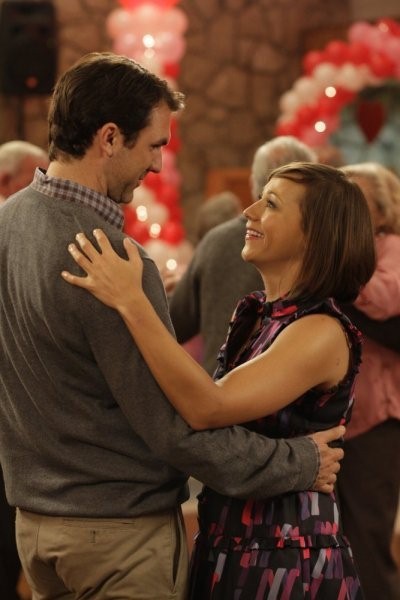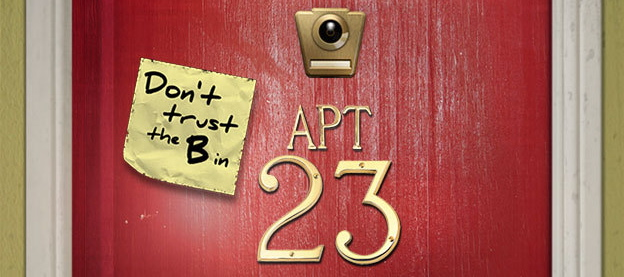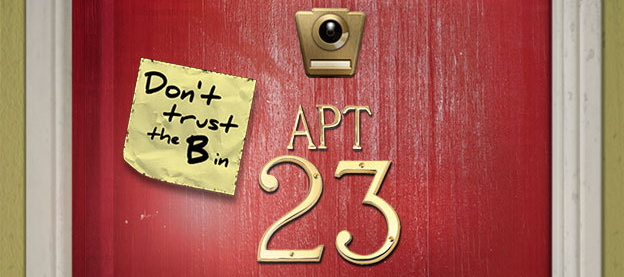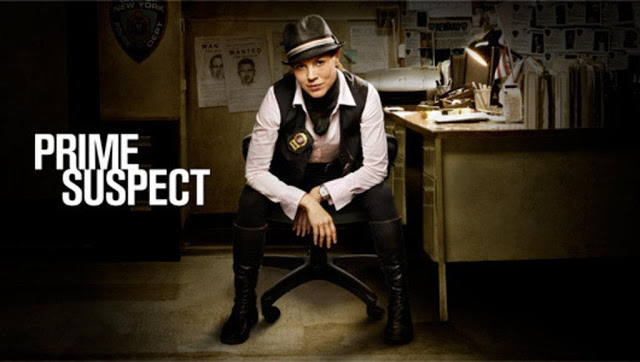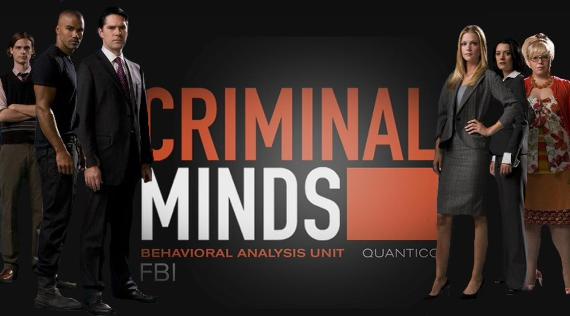When we think of war, we often think of soldiers, tanks, weapons and battlefields. But most wars breach boundaries, affecting civilians, mostly women and children. Soldiers, guerillas and paramilitaries use tactics such as rape, fear, murder and pushing people off their land. We need to shift our paradigm of war and look at how it affects women’s lives.
War Redefined, the 5th and final installment in
Women, War & Peace (WWP), is the capstone of the groundbreaking series featuring politicians, military personnel, scholars and activists discussing how women play a vital role in war and peace-keeping. Narrated by actor
Geena Davis, a phenomenal women’s media activist, written and produced by Peter Bull, co-produced by Nina Chaudry, this powerful film threads stories told in the other parts of the series: Bosnian women surviving rape camps, Liberian women protesting for peace, Afghan women demanding their rights in negotiations and Afro-Colombian women contending with internal displacement.
War Redefined, and the entire WWP series, challenges the assumption that war and peace belong to men’s domain.
Zainab Salbi, Founder of Women for Women International, said:
“If you look at the front line discussion of wars, and this is what newspapers report on – the fighting tactics, the troops, the politics, the borders, the weapons, the armies, all of these things – that is a men’s story. The back line discussion of the story is how you actually exist and live and continue on living in war. That’s a women’s story. And that story has never been told.”
Well, I think we’re long overdue for women’s stories to be told.
PROLIFERATION OF SMALL ARMS AND LIGHT WEAPONS
More than 30 armed conflicts, insurgencies and wars are fought each year. Each year?! In past wars, strategic bombing from high altitudes killed thousands. Now, except for the U.S. invasion of Iraq, “wars are smaller in scale and more intimate.” Civilians are no longer separate from battle. Often they’re targeted. In discussing war, Secretary of State Hillary Clinton asserted:
“I think it’s way past time that we redefine what we mean by war because there are no front lines in the wars in today’s world…The primary victims in today’s wars are women and children.”
With “no international treaty regulating the global transfer of small weapons,” war has become simpler and more cost-efficient. Arms dealers supply warlords and guerillas with cheap weapons. It’s extremely difficult to control
the distribution of small arms. Rachel Stohl discussed the staggering number of weapons produced:
“875 million small arms and light weapons in circulation today. About 650 million are in the hands of civilians. About 8 million weapons are produced newly every single year. About 10-14 million rounds of ammunition are produced every year. That’s enough weapons to arm 1 in every 8 people and enough ammunition to shoot everyone in the world twice.
Wait, enough ammo to shoot everyone twice?! That’s mindboggling.
Women are attacked in refugee camps and their homes. They face rape and sexual assault. Even when women aren’t the combatants, Stohl says “they’re often the victims of these weapons,” left to contend with the aftermath.
HUMAN SECURITY
Security intertwines with war, taking into account personal safety. Human security, as Professor Kaldor explains, is an alternative to national security. It puts the focus on protecting individuals and communities, not states and borders.
In Afghanistan,
women’s rights activist Shahida Hussein said she felt safer during the oppressive regime of the Taliban. Safer DURING the Taliban?! Women were able to go to the market and restaurants. But after the U.S. invaded, along with the proliferation of weapons and “atmosphere of potential violence,” it’s no longer safe, imprisoning women in their homes.
One way to protect women’s security is to engage them. Sgt. Abby Blaisdell leads a Female Engagement Team (FET) in Afghanistan. In many areas, unless they’re related, “women are forbidden from interacting with men.” The soldiers talk with women about their needs, including healthcare and education, “to improve their quality of life.”
Security goes beyond weapons. It includes many basic amenities we take for granted. Professor (and feminist!) Cynthia Enloe questioned:
“When you start thinking about women and war, you really change your idea about what security is. Security becomes, is there water out of the tap? Or, is the well polluted? You begin thinking about electricity or what happens to women’s security when electricity fails. How do they make a living in the middle of war?”
INTERNAL DISPLACEMENT
But how can you begin to think about human security when people are uprooted from their homes? Reaching “epidemic proportions,” the number of people internally displaced by violence conflicts “has increased more than 65% since the Cold War ended.”
“Refugee life, displaced life, is one of the most undignified ways of life. It’s horrible. You don’t have a comfortable bed. You don’t have a comfortable place to sleep. Sometimes medical aid is non-existent. You rarely find food to eat. You become frozen in that moment when you left. So wherever you find yourself, your whole mind about your community is about when you left.”
When people are refugees in their own country, when should other nations respect a nation’s sovereignty and when should they intervene?
RAPE AS A WEAPON OF WAR
One of the most horrifying aspects of war is the pervasiveness of rape.
Major General Patrick Cammaert “shocked the U.N with his first-hand testimony” on the rise of rape as a weapon of war:
“It has probably become more dangerous to be a woman than a soldier in an armed conflict.”
Wait, WHAT?! It’s shocking that one’s gender alone could endanger them more than a soldier.
When faced with rape and sexual assault against women and girls, Major General Cammaert said he wasn’t “prepared for that kind of violence.” Used to uproot and humiliate women, he discussed rape’s ramifications on society:
“Any armed group that is using rape as a weapon and a tactic of war is destroying the community. The women are booted out of the community. Husbands are divorcing their wives. They are mentally broken and therefore it is such an effective weapon. You demoralize, you humiliate those people and destroy the fabric of society.”
It took the international community awhile to realize rape during war had become systematic, rather than isolated incidents. But rape as a weapon of war has been used for decades.
Russian soldiers raped 900,000 German women in WWII. When Bangladesh split from Pakistan in 1971, Pakistani soldiers tortured and raped 200,000-400,000 Banglasdeshi women. Ethnic cleansing by Serbs caused an estimated 20,000 Bosnian Muslims to flee their homes. War crimes investigator Fadila Memisevic recorded first-hand accounts of their brutal attacks, compiling a list of over 1300 suspected rapists.
Soldiers rounded women up in rape camps and raped 20,000-50,000 Bosnian women. During the 1994 Genocide in Rwanda, Hutu forces murdered 1 million ethnic Tutsis and moderate Hutus. It emerged later that “atrocities included the rape of as many as half a million Tutsi women and girls.”
In groundbreaking war crimes tribunals established for Bosnia and Rwanda, for the first time, rape was charged and convicted as “a crime against humanity.” Memisevic’s files were crucial evidence in getting rape recognized as a war crime. “Female prosecutors and justices were instrumental in pushing for and handing down convictions.”
But the passage of laws doesn’t automatically alter behavior. In the eastern Congo, rebel groups battle to control diamond and gold mines. With “nearly 2 million women and children raped…at a rate of nearly 1 every minute,” the DRC has been called “the rape capital” of the world.
WOMEN IN NEGOTIATIONS
Despite atrocities affecting women, they are often shut out of the peace process. Around the world, women’s organizations challenge the notion that “that only those who are the key actors in war should be the key actors in peace.”
In 2000, pressured by female activists, the U.N. Security Council adopted resolution 1325, which mandates women’s inclusion in all post-conflict negotiations and reconstructions. Despite this historic step, women still comprise less than 10% of those involved in “formal peace negotiations.” Secretary Clinton is helping to change that.
In Afghanistan, she valiantly advocates women must be included in the peace process.
Earlier this year in Cote d’Ivoire, women in the city of Abidjan protested peacefully against President Gbagbo, who refused to relinquish power. Soldiers loyal to him opened fire, killing 7 women. Gbowee organized a 1,000 Women March in solidarity with the women of Cote d’Ivoire. They came together in unity. Gbowee said:
“You can’t sit and say this is one country’s issue when you are a woman and all of the wars in our region now our fought on the bodies of women. These are things that have really made it important for us as West African women to rise up and speak.”
Madeline Albright discussed the need for reconciliation and respect, of women and each other’s differences. Secretary Clinton mentioned the rise of social media in bringing visibility to social issues and fueling activism:
“Women themselves have to empower themselves, it has to come from within. And it has in so many different settings. It’s not only because it’s the right thing to have women’s voices, minority voices, etc., in the room. It’s no longer going to be possible to keep them out of the process.”
While it can certainly be watched alone, War Redefined provides an arc connecting all of the individual stories in the WWP series. A testament to compelling storytelling, I kept yearning for more, particularly coverage of women’s role in the Arab Spring. This powerful film provides an eye-opening global overview of the atrocities and obstacles women must overcome in war.
The film left me with so many questions. How can people commit such atrocities to women? How can I stop rape or end displacement or help raise women’s voices in negotiations? How can we each make a difference?
Women are often forgotten in war. Their voices must be heard. It’s vital we include a gender lens when discussing conflict. In the film, a West African woman protesting said:
“One African woman cries, we cry all over…We are all speaking with one voice.”
I think it’s time we women united globally and started speaking with one voice.
Megan Kearns is a feminist vegan blogger, freelance writer and activist. She blogs at The Opinioness of the World, where she shares her opinions on gender equality, living cruelty-free, Ellen Ripley and delish vegan cupcakes. Her work has also appeared at Arts & Opinion, Fem2pt0, Italianieuropei, Open Letters Monthly, and A Safe World for Women. She earned a B.A. in Anthropology and Sociology and a Graduate Certificate in Women and Politics and Public Policy. Megan lives in Boston with more books than she will probably ever read in her lifetime. She is a Monthly Guest Contributor to Bitch Flicks.

